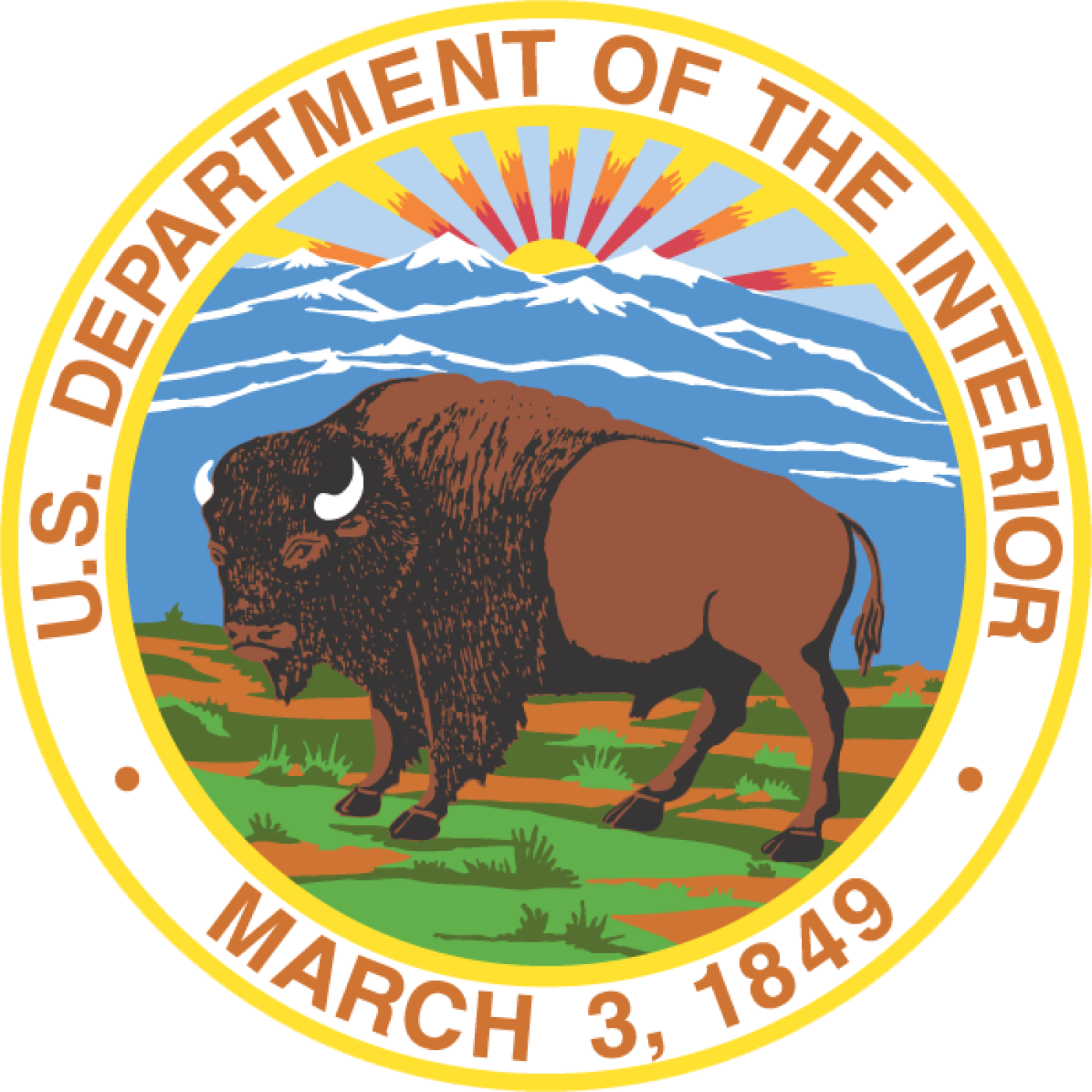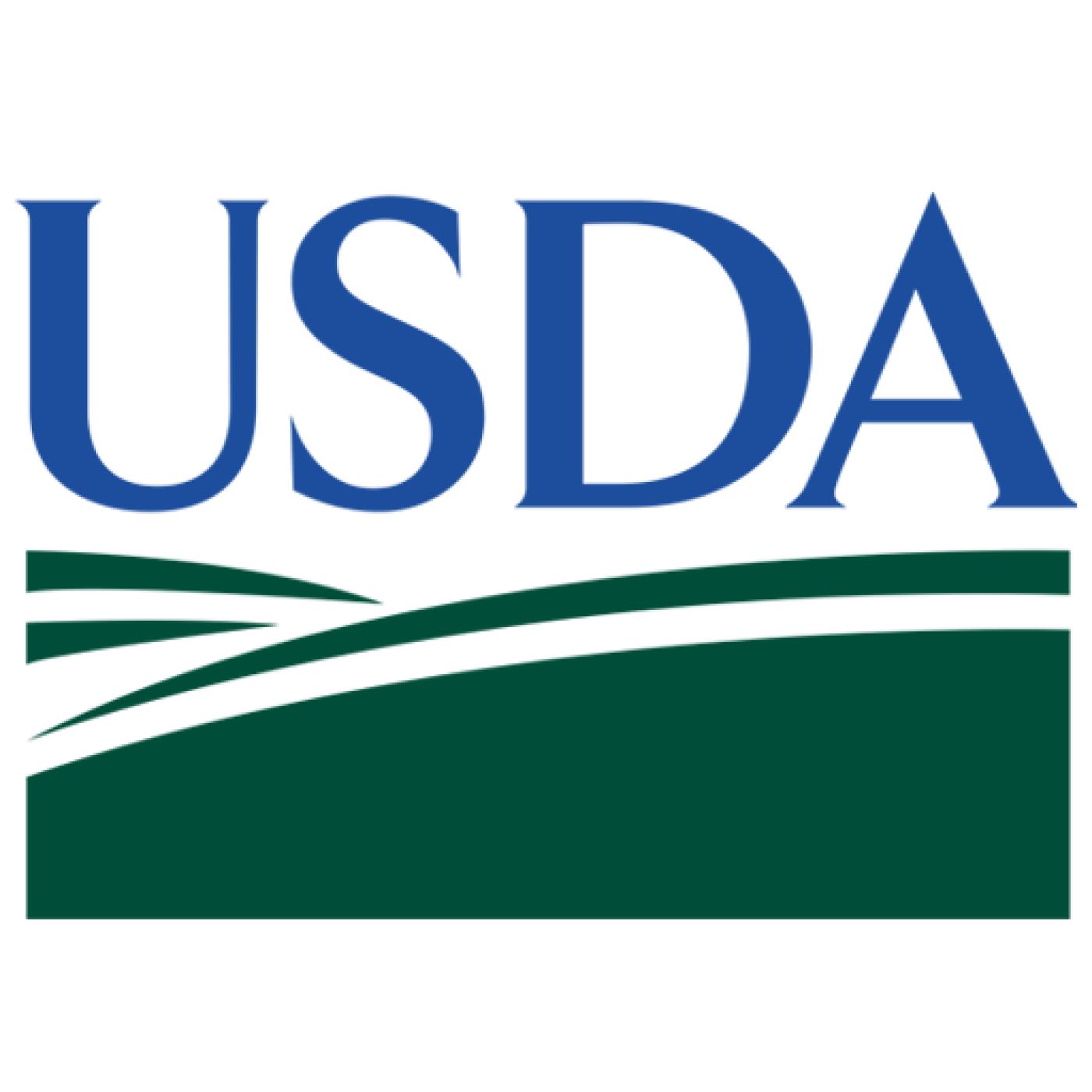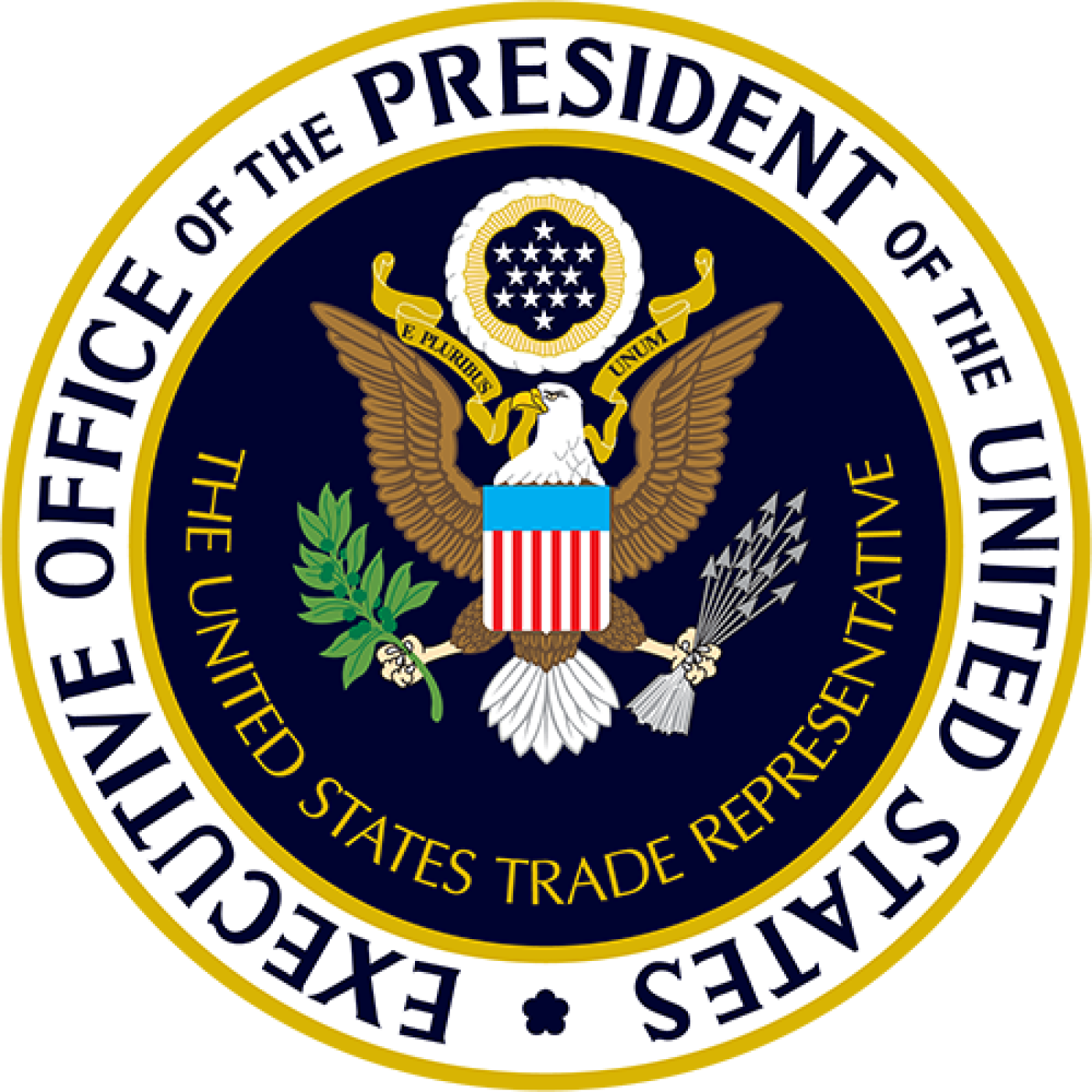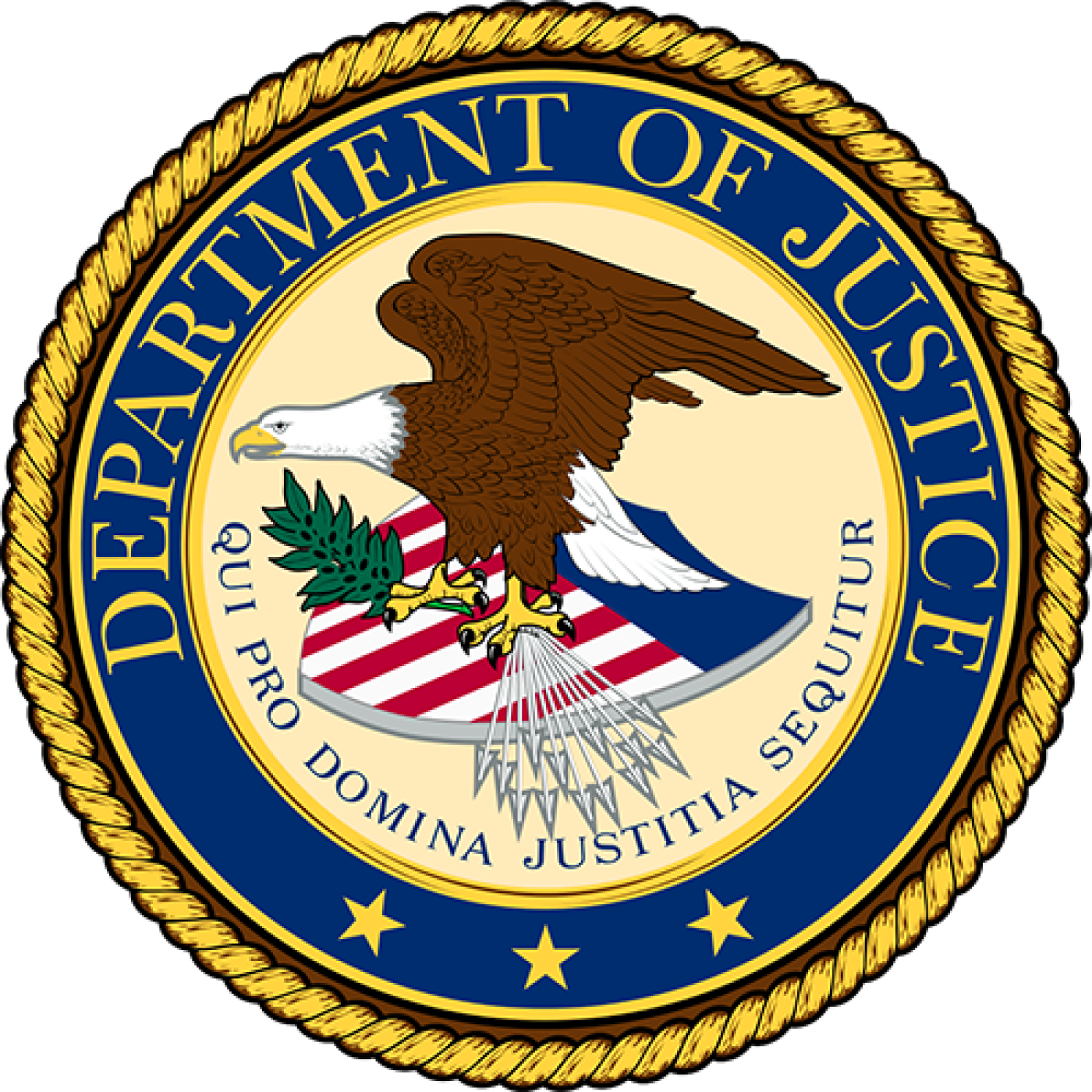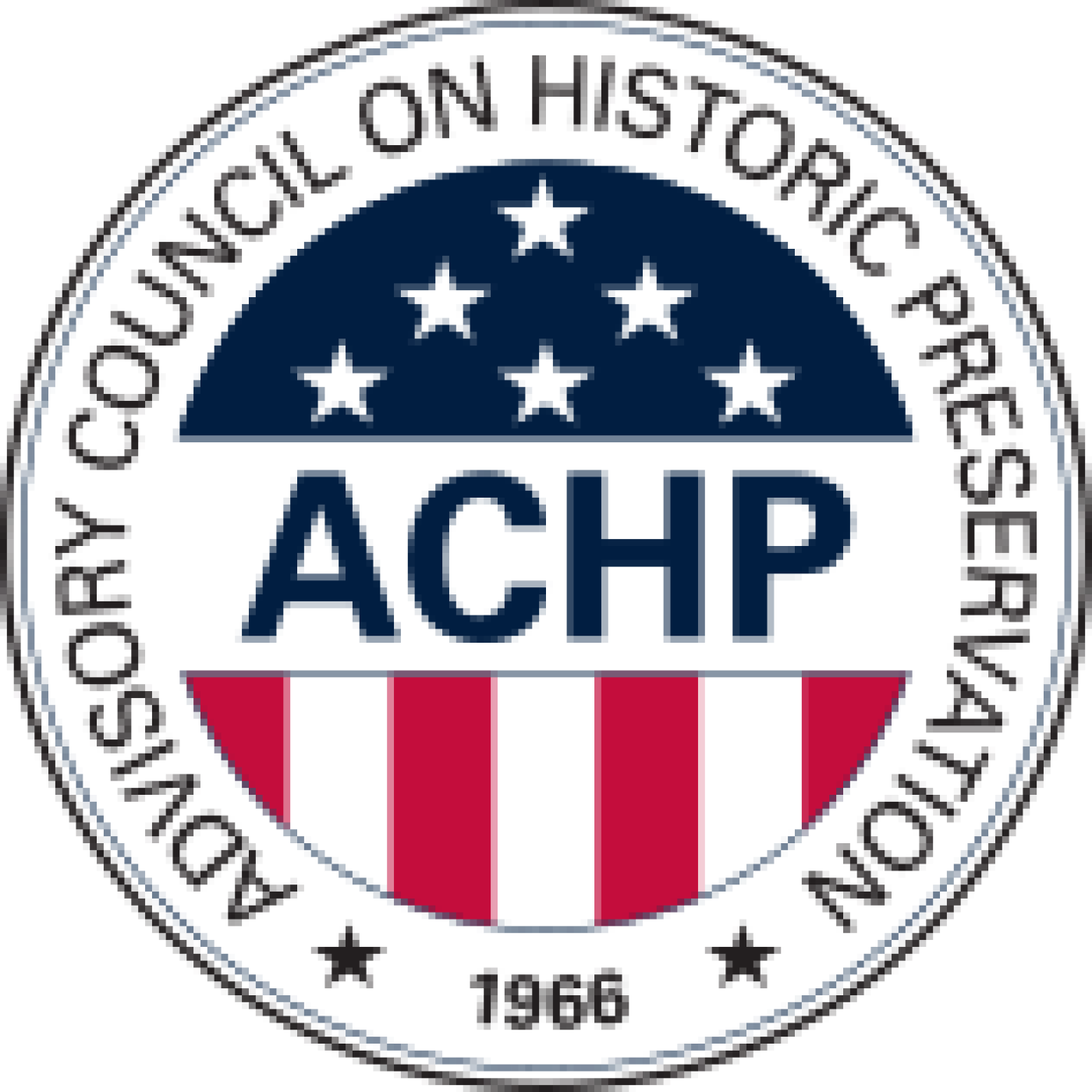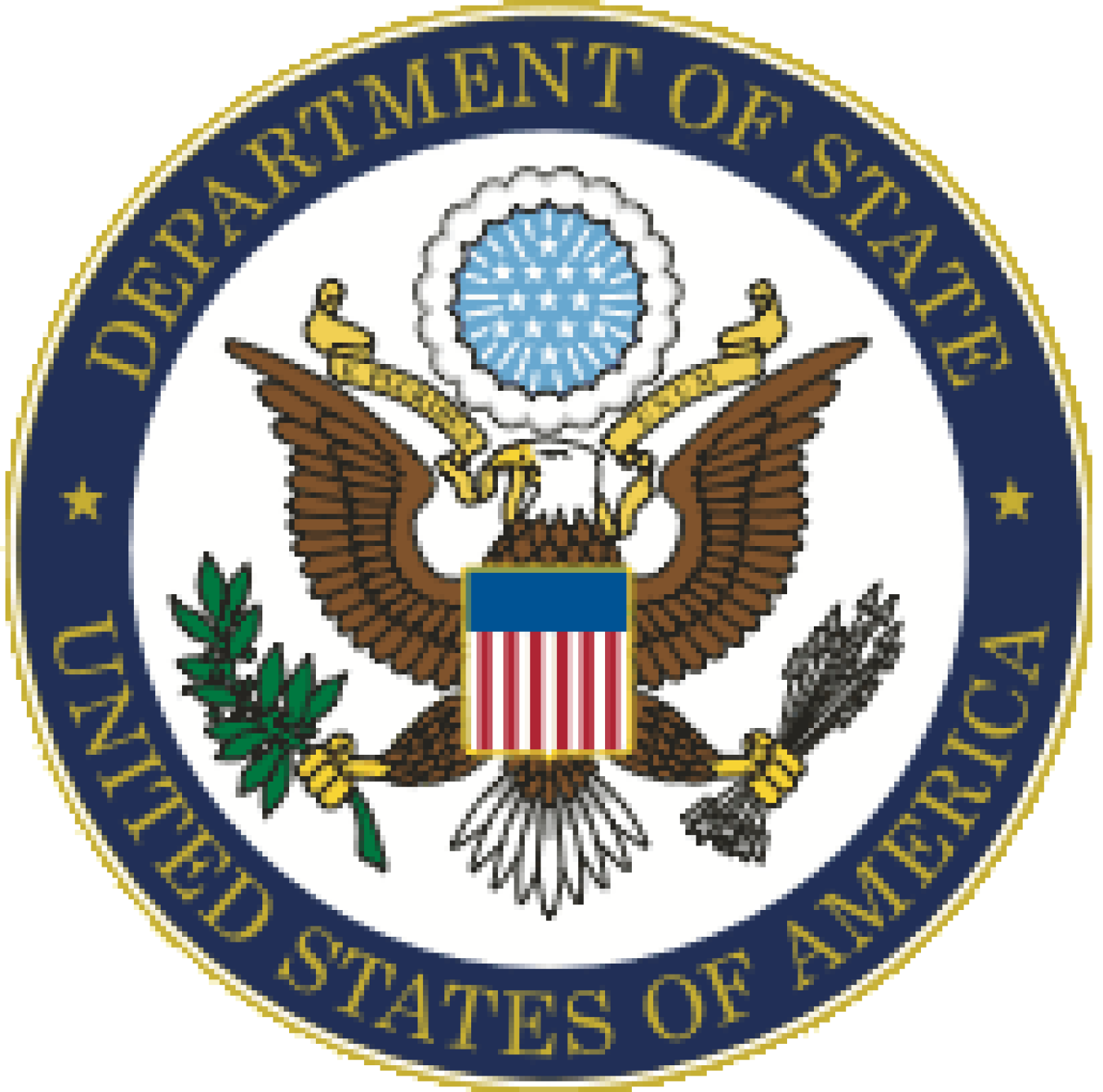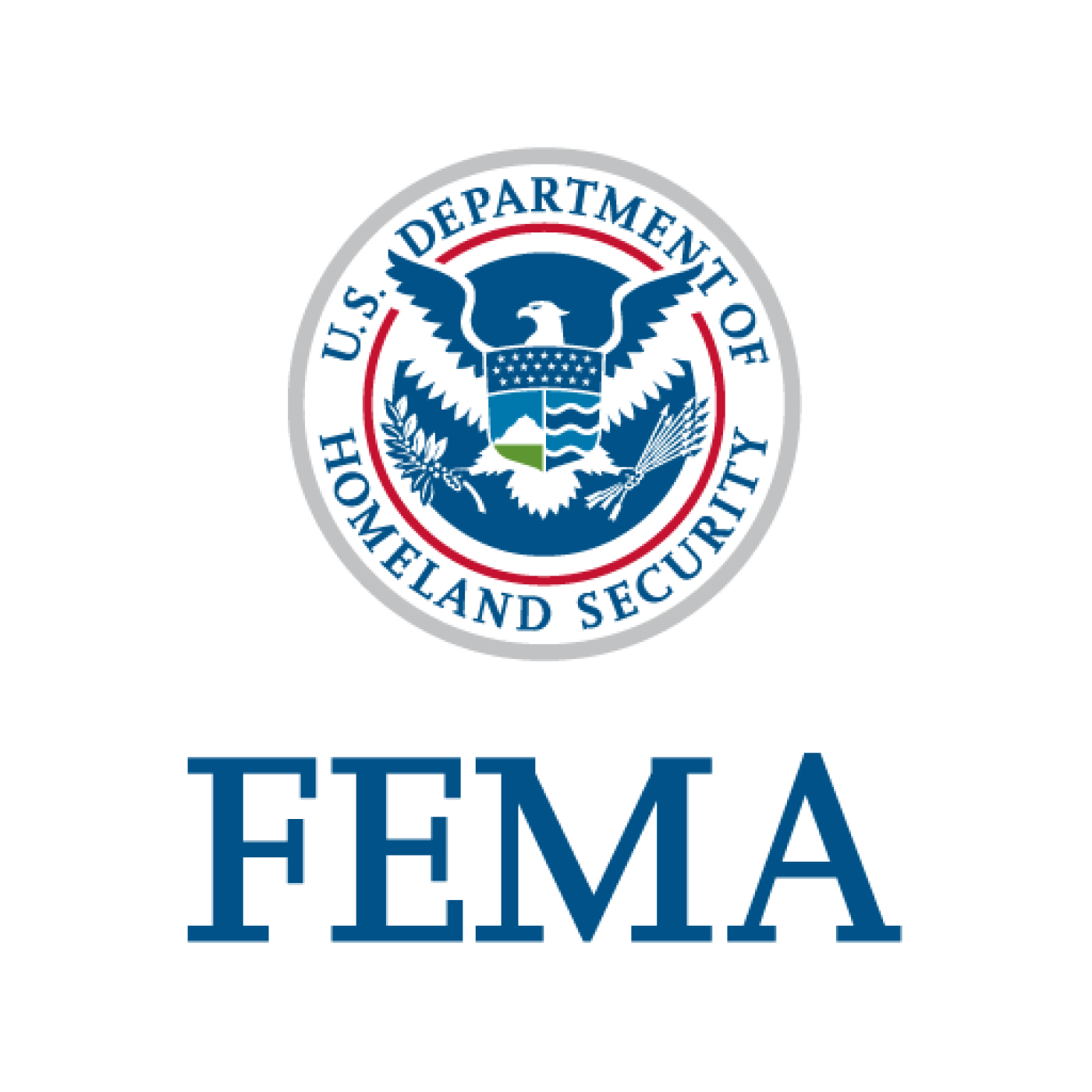Who We Serve
The White House Council on Native American Affairs (WHCNAA) Committee on Tribal Homelands and Treaties recognizes Tribes as the original stewards of their land and supports their efforts to protect it.
New Initiatives
Tribal Treaty Rights
Tribal Homelands
Sacred Sites
Indigenous Knowledge
Committee Members
Leads
-
Lisa Berrios
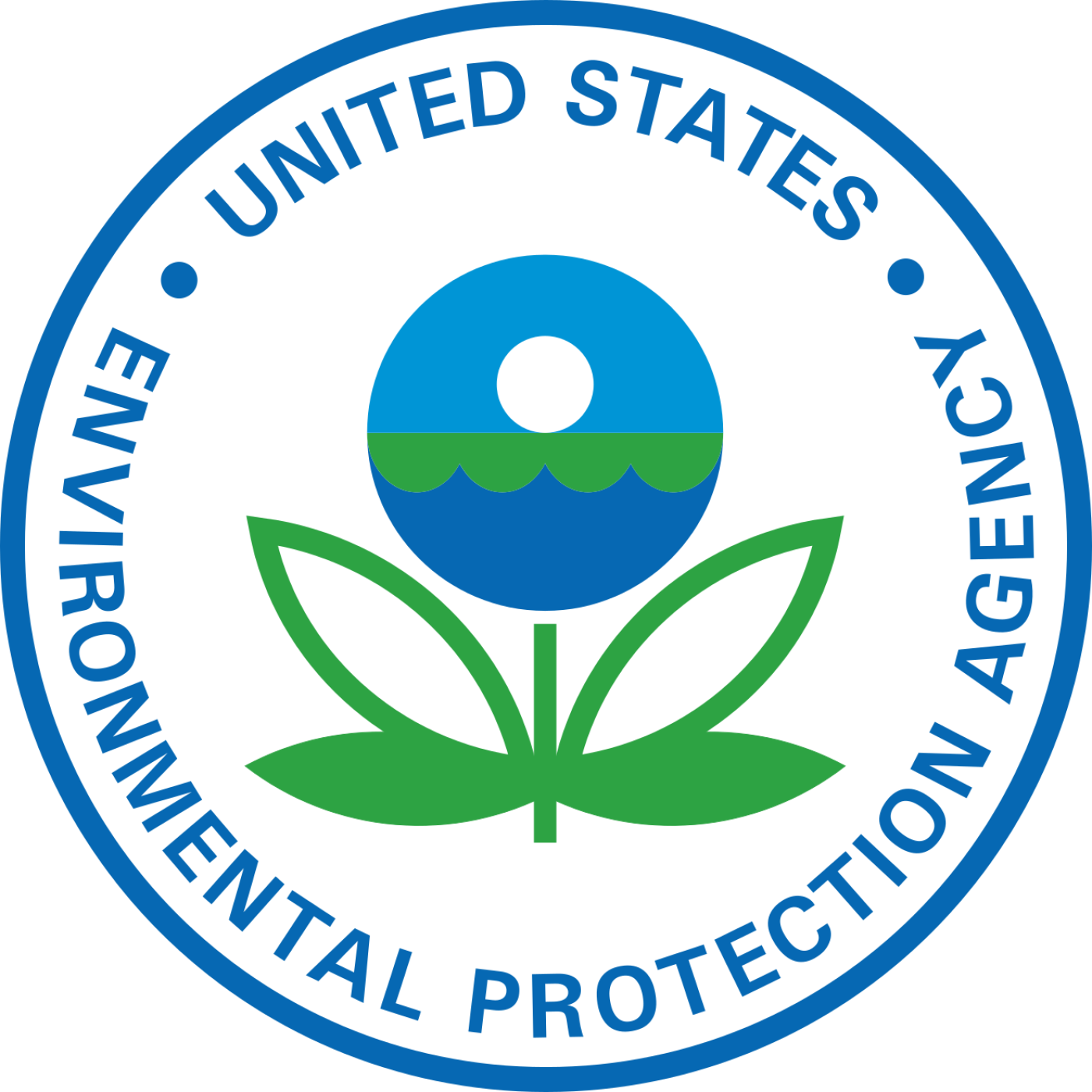
Acting Director, American Indian Environmental Office
Participants
About the WHCNAA Committee on Tribal Homelands and Treaties
The White House Council on Native American Affairs (WHCNAA) Committee on Tribal Homelands and Treaties recognizes Tribes as the original stewards of their land and supports their efforts to protect it. The Committee strives to support Tribes amid unprecedented environmental challenges and existing land issues.
Co-led by the Department of the Interior (DOI), the Environmental Protection Agency (EPA), the United States Department of Agriculture (USDA), and the White House - Domestic Policy Council, the Committee aims to address impacts on Tribal communities, support Tribal sovereignty and self-determination through the restoration of Tribal homelands, and reinforce the integration of treaty rights in federal decision-making processes:
- Developing policies and utilizing existing authorities to restore Tribal homelands
- Establishing and implementing Tribal Treaty Rights and Sacred Sites protections in federal-decision making
- Creating resources for Tribes and federal agencies to help identify and enforce existing TTR protections

